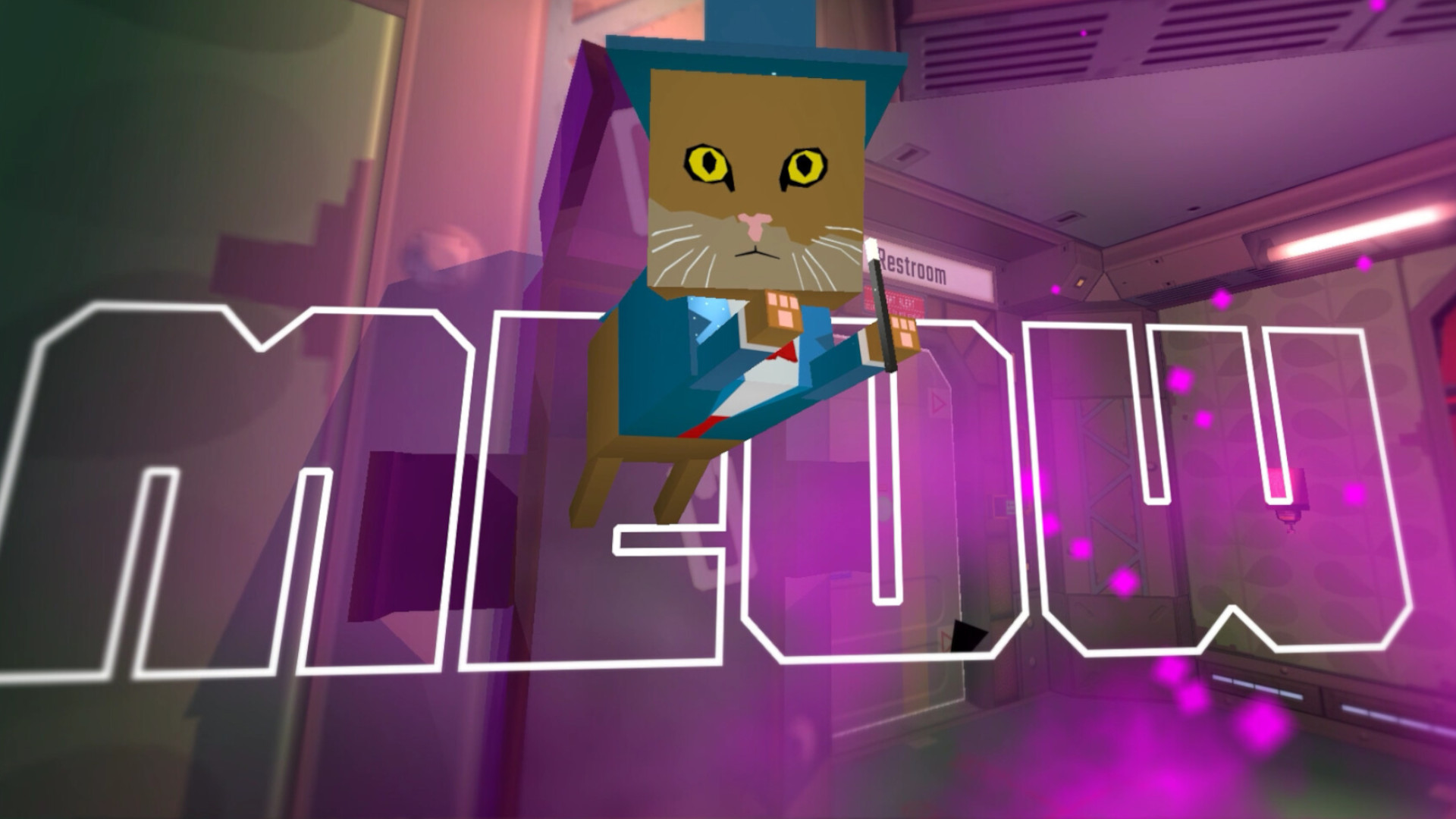Zelda: Tears of the Kingdom's building is a game-changer, but Nintendo might have set its bar too high
Opinion | Ultrahand and Fuse have changed the game, but replicating them to the same standards won't be easy
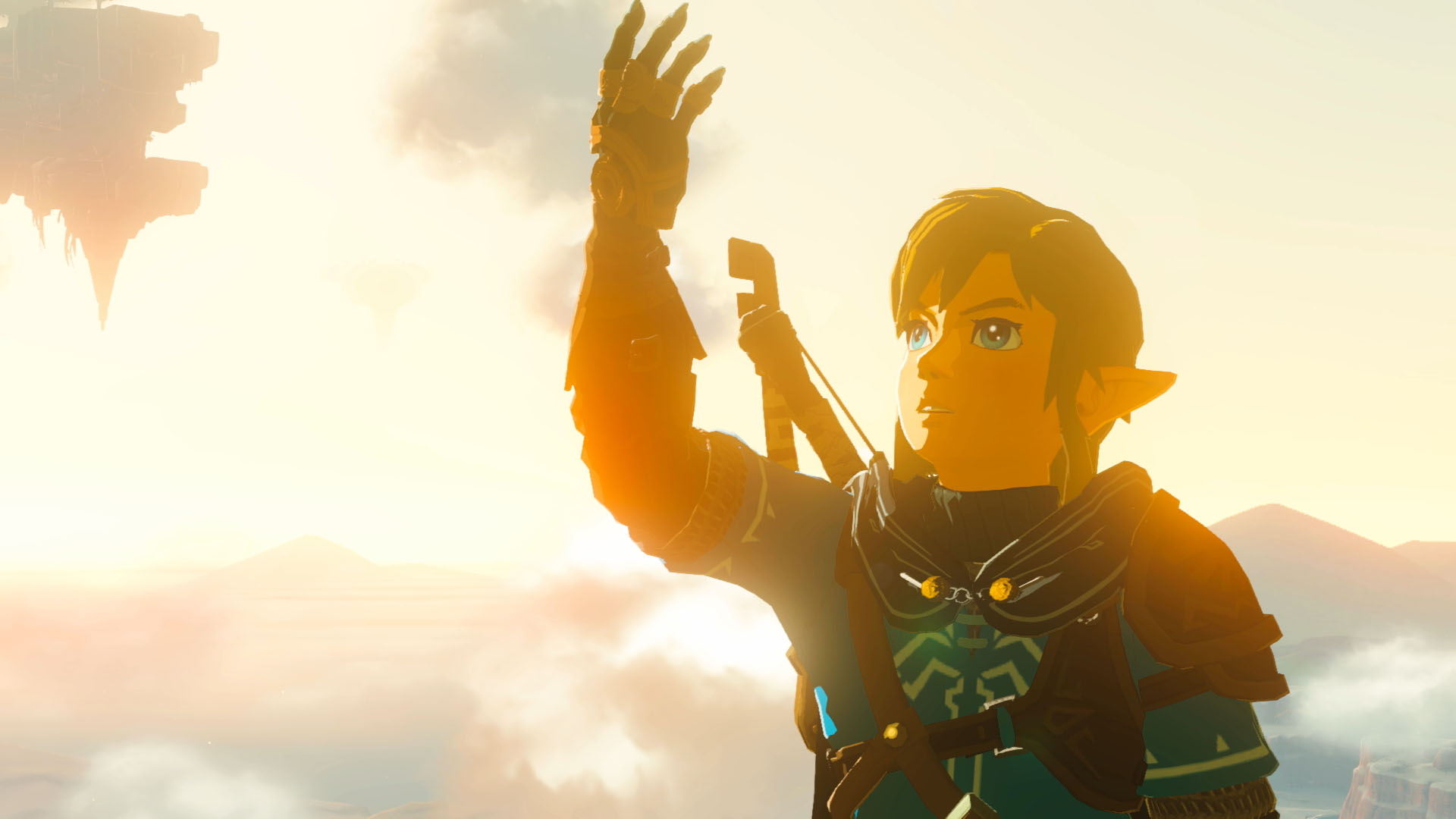
I've now passed the 40-hour mark in The Legend of Zelda: Tears of the Kingdom, and while I'm far from the first person to praise its building mechanics, I'm fascinated by how they might shape the future. Not necessarily just the future of Zelda as a constantly-evolving series, but the future of open-world games of this style moving forward across the board.
Given the fact open-world sandbox games are as popular now than they've ever been, there's a whiff of 2017 about Tears of the Kingdom – of the battle royale craze, and the wave of genre copycats that followed the likes of PUBG Battlegrounds and Fortnite. If open-world games from hereon consider folding in building mechanics, they'll inevitably look to Link's latest outing for inspiration. And if this happens, I worry that Nintendo has set the bar too high for any reasonable competition.
Gotta Ultrahand it to them
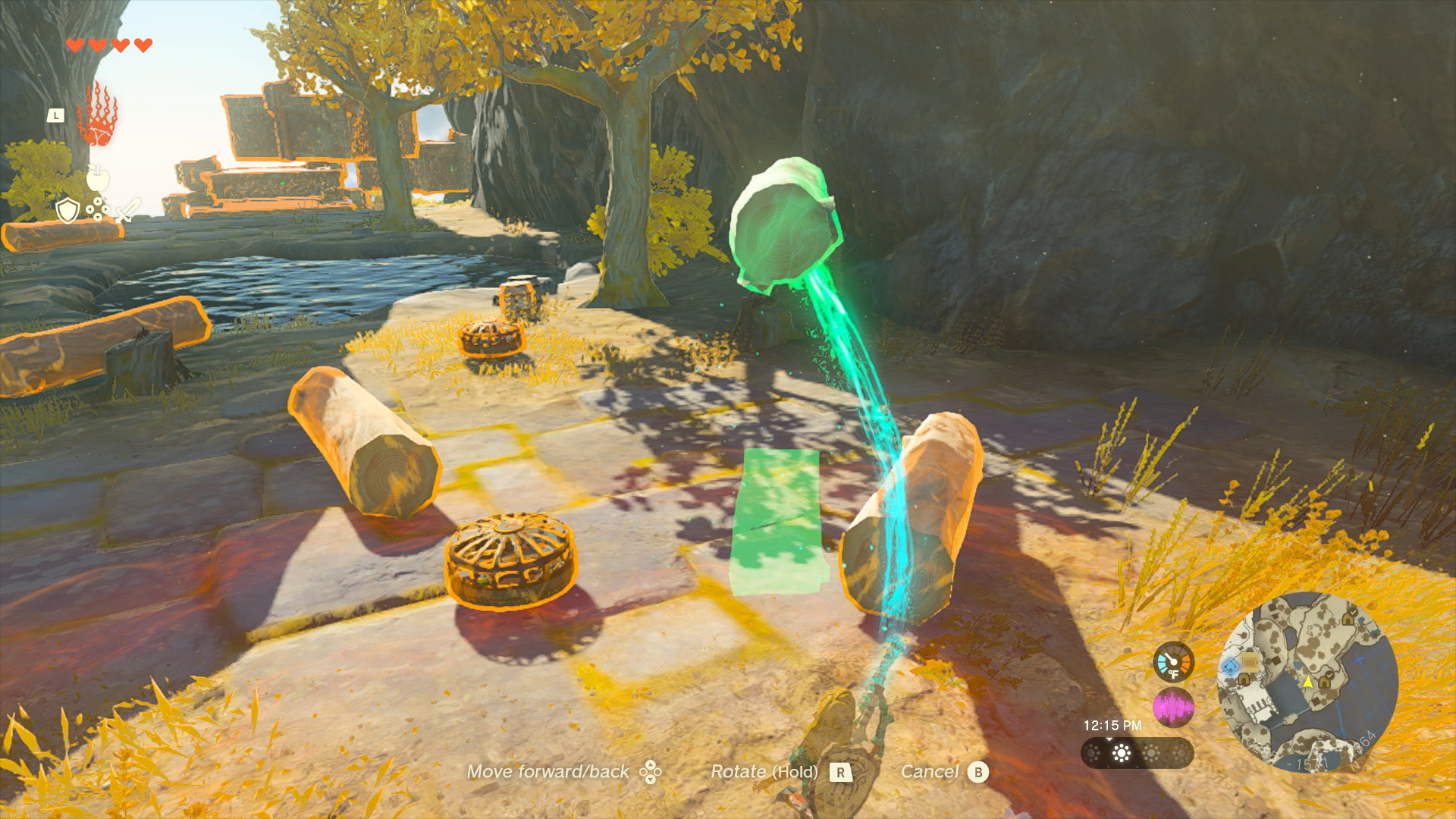
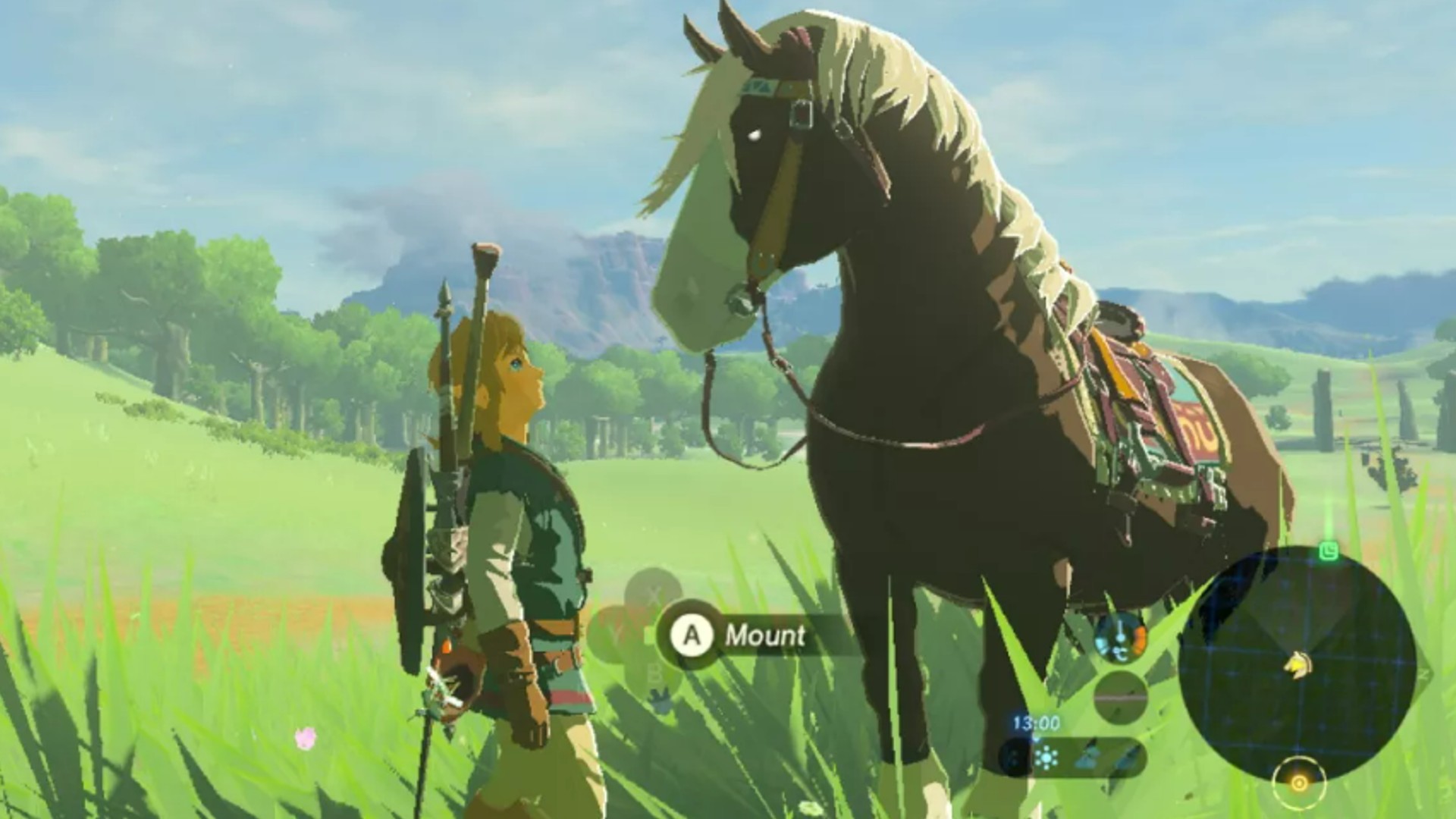
Zelda: Tears of the Kingdom gets so much right, but Breath of Wild does one sidequest better
Which I guess is the definition of a blessing and a curse. It's great that Tears of the Kingdom's snap and pull building mechanics, leveraged by its new Ultrahand ability, are so inventive and intuitive, but it's also daunting considering how difficult they'll be to replicate in new and interesting ways. Building in games is hardly new, Fortnite itself incorporates it in a different way, but if we consider the fact that the battle royale genre was in essence born from the PC modding scene – PUBG was once an Arma 3 mod; Fortnite Battle Royale was an unlikely standalone off-shoot of Save the World – there's a clear line that runs through earlier projects that were rougher around the edges, to the iterative juggernauts we have today.
Tears of the Kingdom, on the other hand, has come out of the traps with near-perfect execution. The likes of Garry's Mod, Scrap Mechanic, and the raft of survival games we've seen over the last decade or so have all pushed building suites with varying degrees of success, but nothing as refined or on a scale so sweeping and ambitious. In fact, for me, the only game that comes close here is Minecraft – and even then, Tears of the Kingdom's building mechanics operate by virtue of just two or three buttons, and can be learned after just one or two uses.
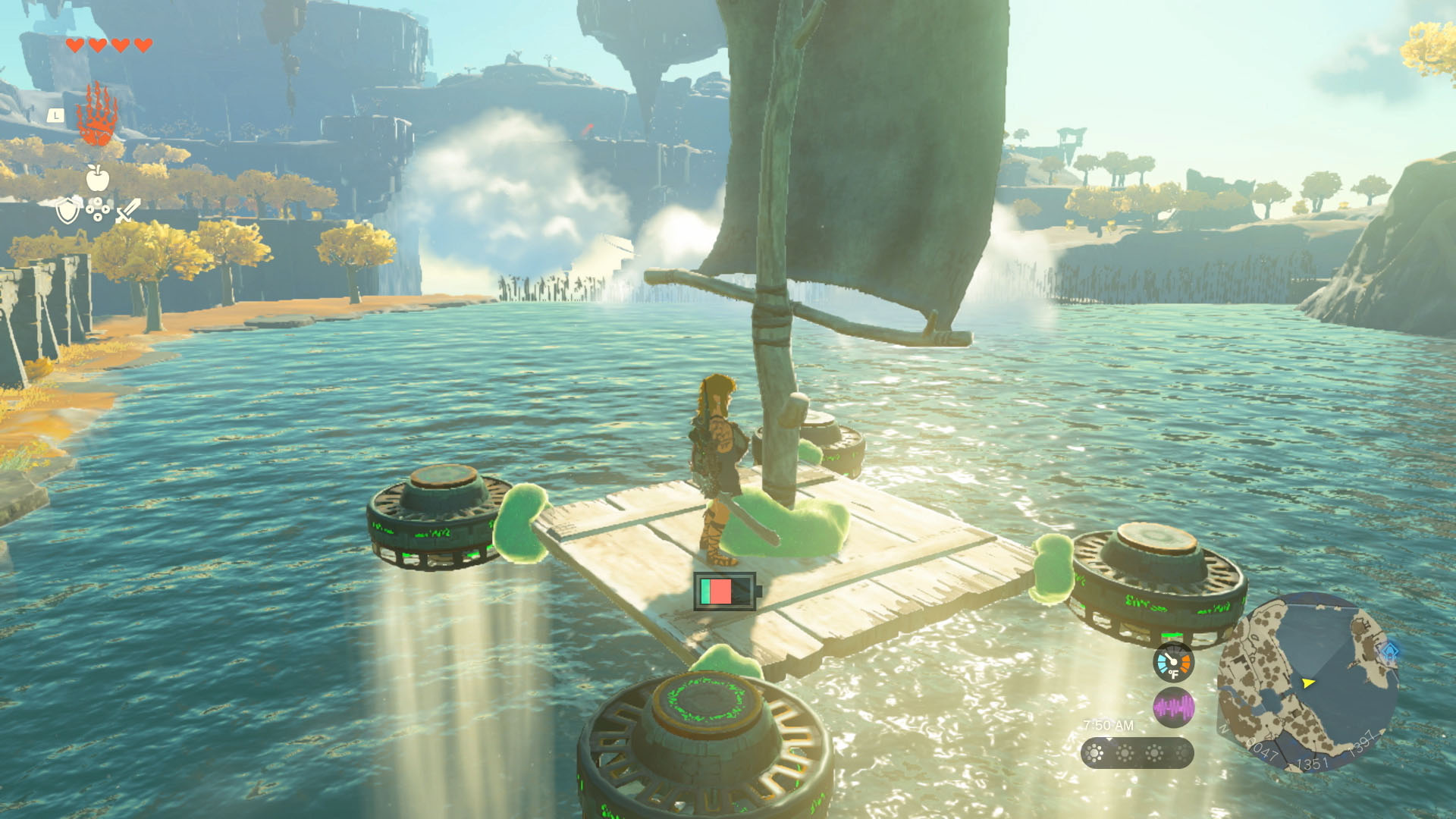
"Tears of the Kingdom has, pardon the pun, built a solid foundation for competition"
Build a Rocket Boy's incoming and hugely ambitious debut venture, Everywhere, isn't inspired by Tears of the Kingdom in that it's been in development for some time, but I bet Nintendo's approach to building mechanics has since been discussed behind the scenes. As an ever-evolving free-to-play live-service game, Everywhere is shooting for an entirely different space in the spectrum of open-world building, granted, but the simplicity with which Tears of the Kingdom's Ultrahand can be enjoyed justifies even a passing comparison.
What's more interesting, of course, is if more open-world action-RPGs consider introducing building mechanics; in the same way GTA Online rolled out a battle royale mode in 2017, or how Call of Duty spawned an entirely new game in Warzone, in the face of the hottest new trend. To the latter end, Call of Duty Warzone didn't arrive until 2020, three full years after PUBG and Fortnite's meteoric rise, so perhaps if we're to see an influx of open-world build 'em ups, right now is the calm before the storm. Tears of the Kingdom has, pardon the pun, built a solid foundation for competition – it's now on the competition to see if it has the tools to contend with the heights Zelda has set.
Getting stuck into the world of Tears of the Kingdom? Check out our guides to get a rundown of the Zelda Tears of the Kingdom fusions and fuse ability, Zelda Tears of the Kingdom vehicles, and Zelda Tears of the Kingdom abilities.
Sign up to the GamesRadar+ Newsletter
Weekly digests, tales from the communities you love, and more

Joe Donnelly is a sports editor from Glasgow and former features editor at GamesRadar+. A mental health advocate, Joe has written about video games and mental health for The Guardian, New Statesman, VICE, PC Gamer and many more, and believes the interactive nature of video games makes them uniquely placed to educate and inform. His book Checkpoint considers the complex intersections of video games and mental health, and was shortlisted for Scotland's National Book of the Year for non-fiction in 2021. As familiar with the streets of Los Santos as he is the west of Scotland, Joe can often be found living his best and worst lives in GTA Online and its PC role-playing scene.
